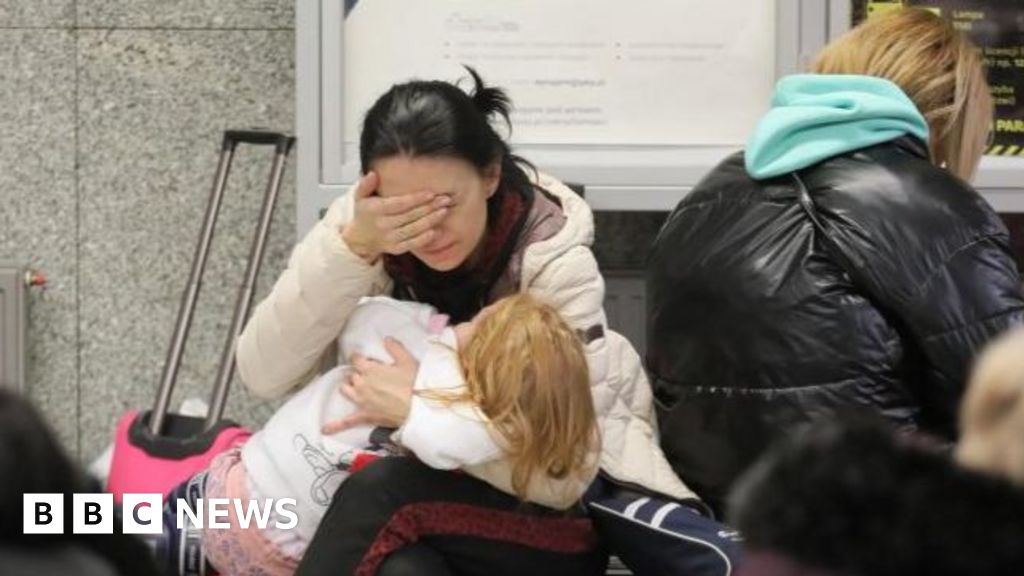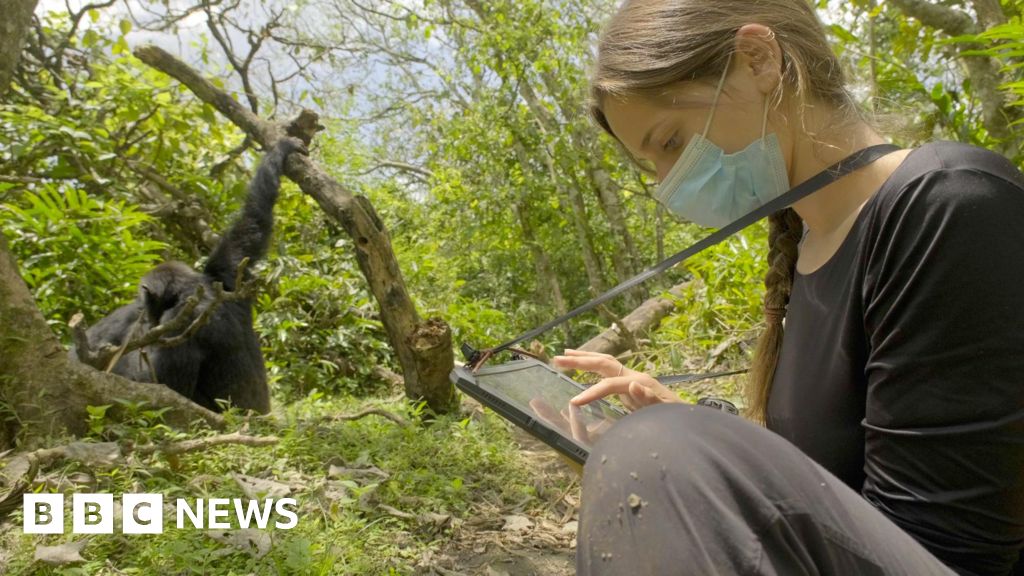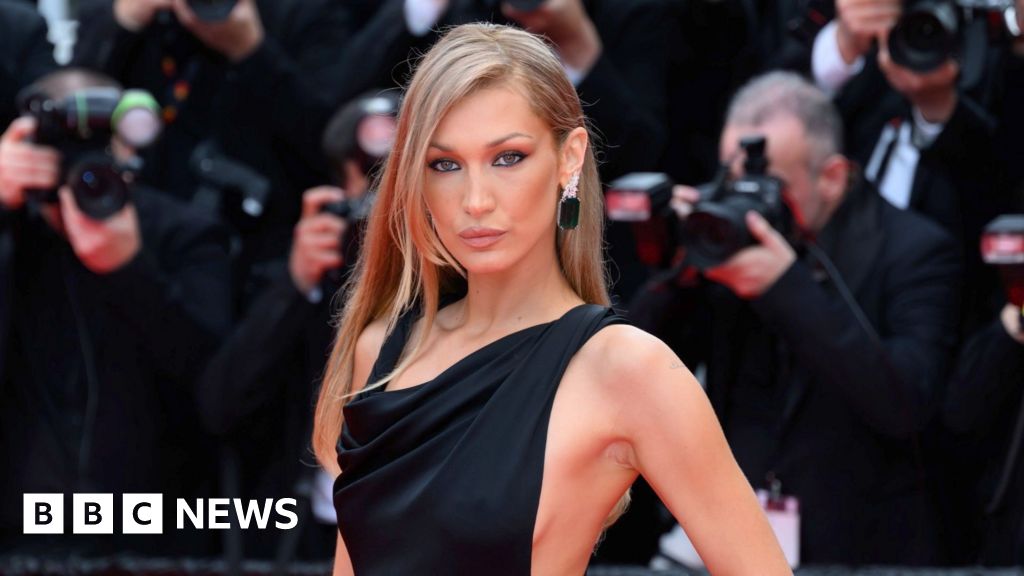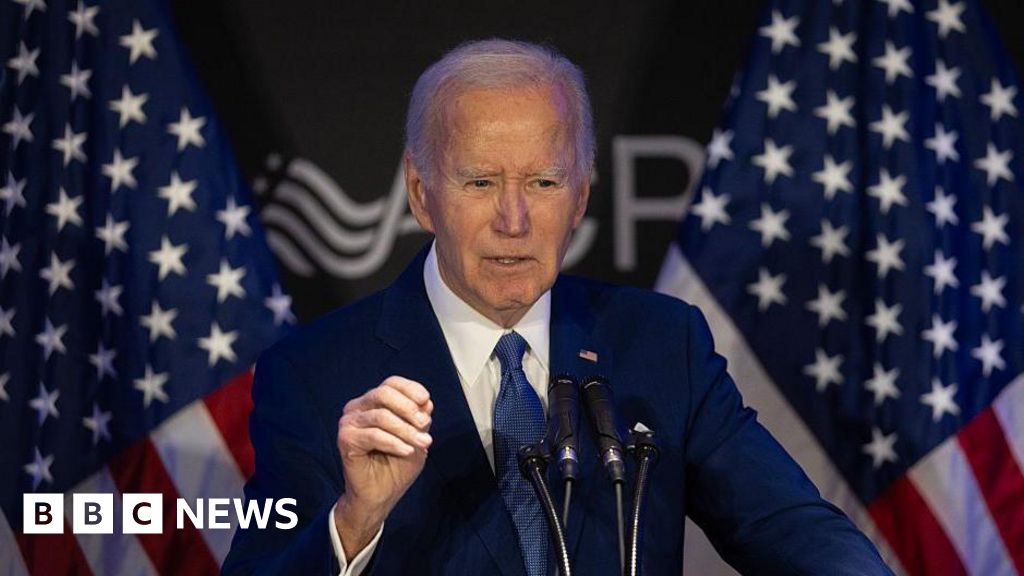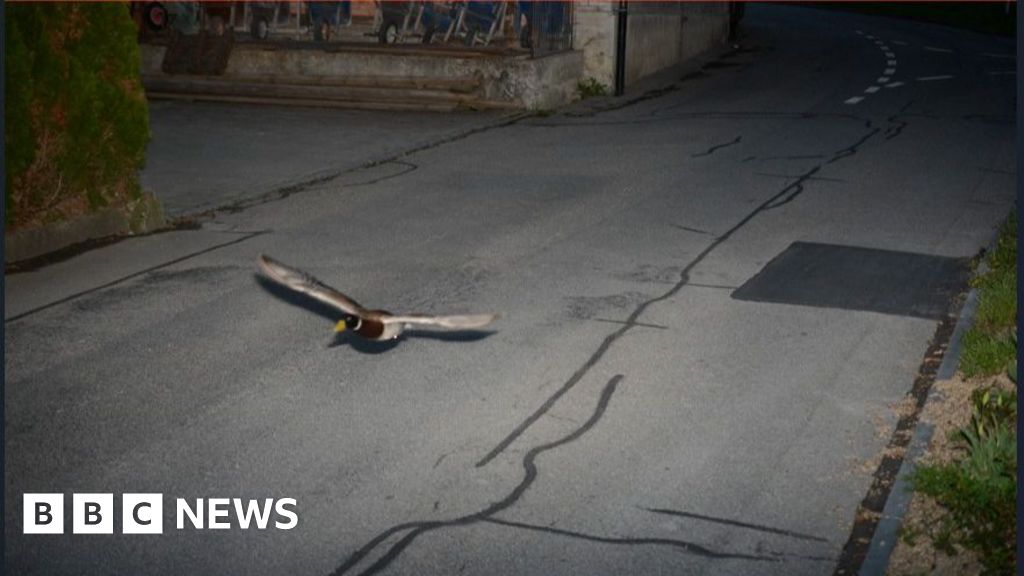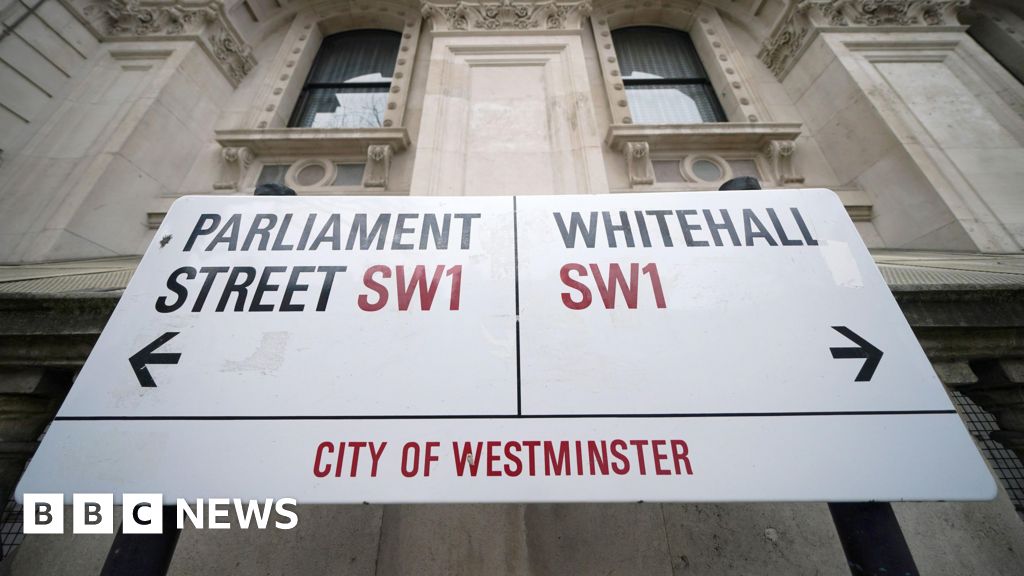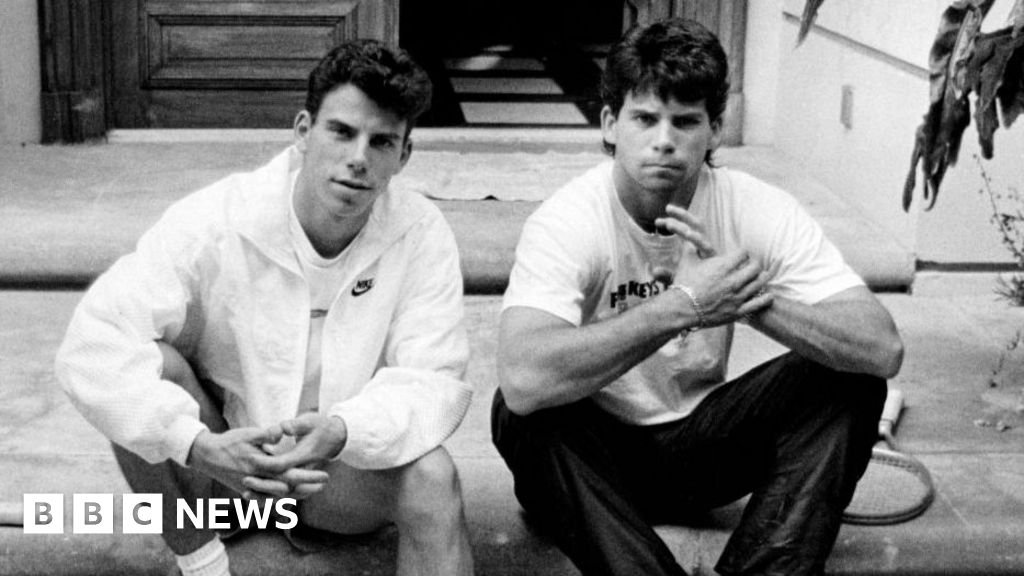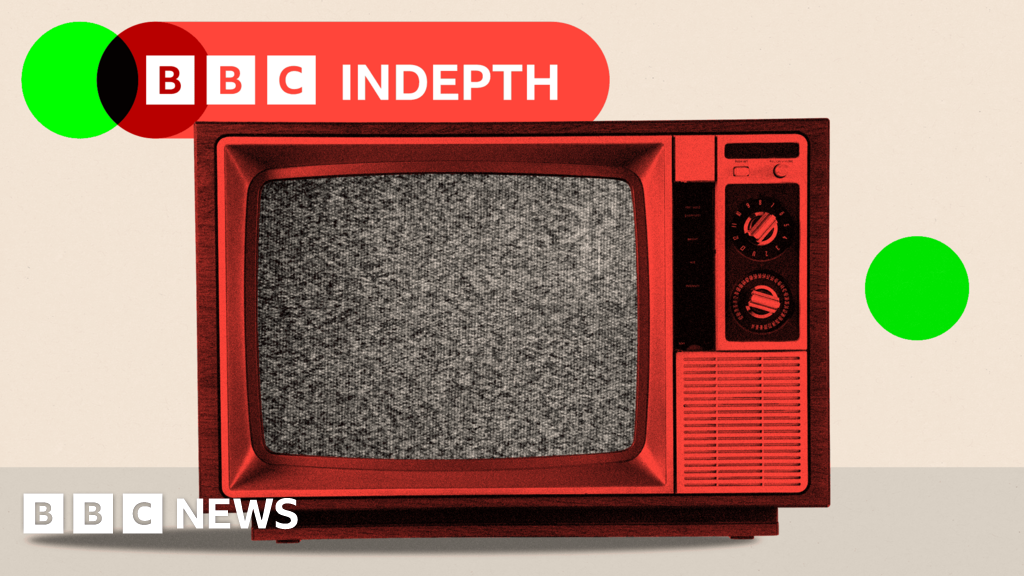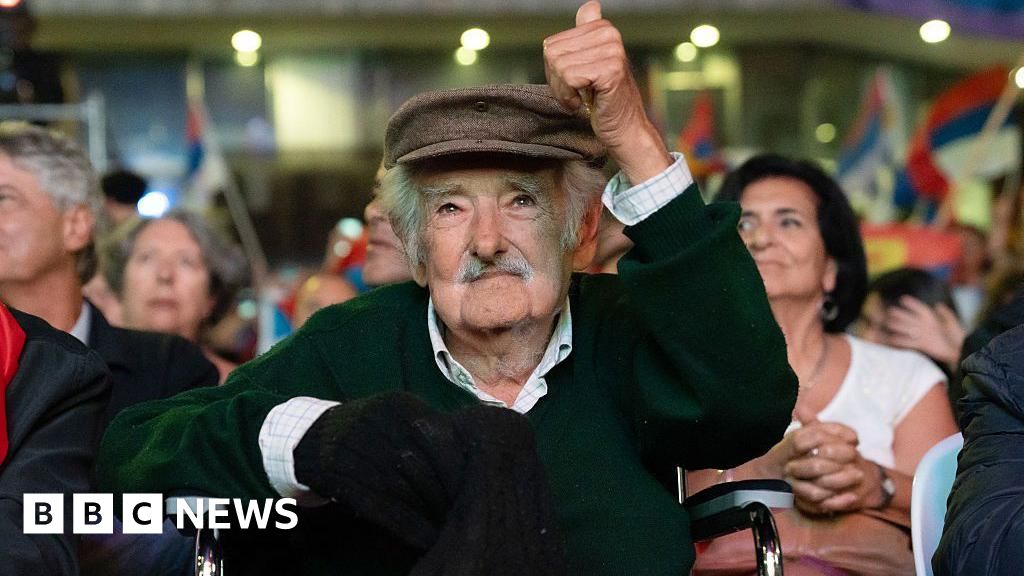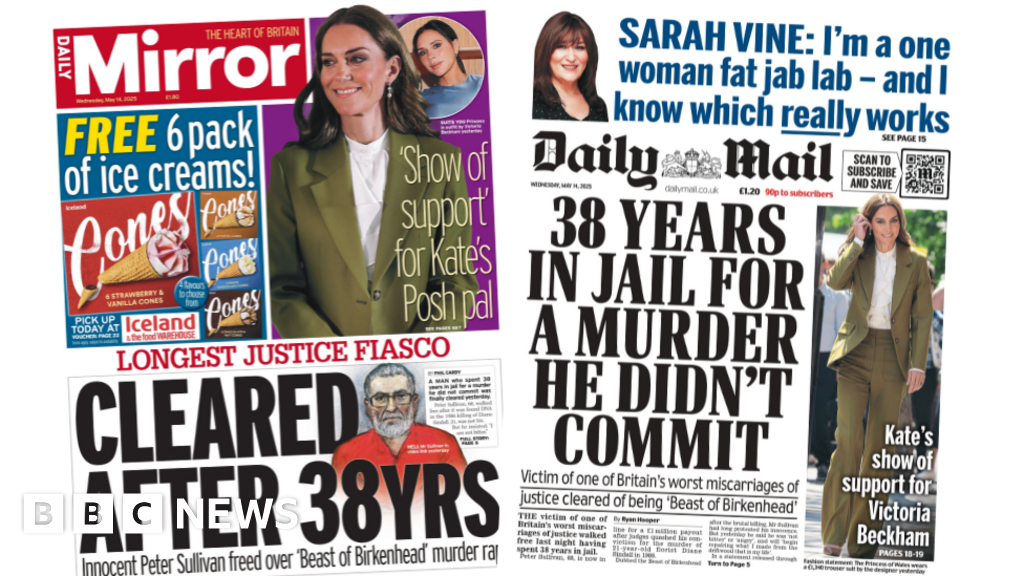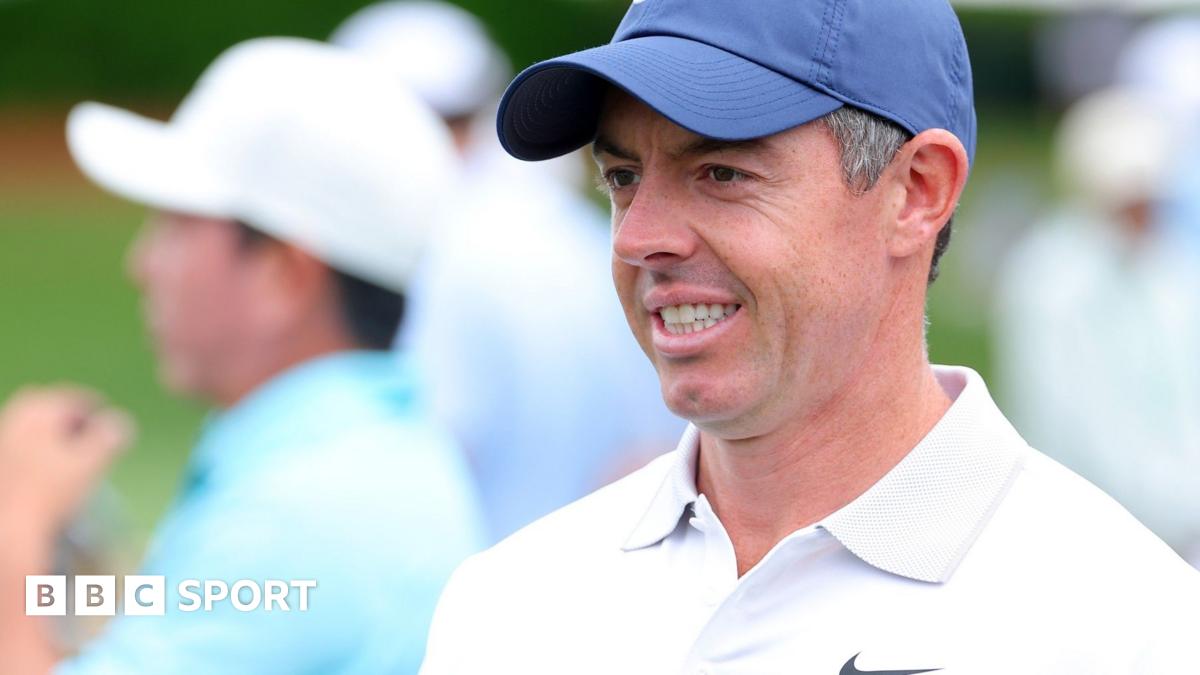The world has changed, said the chancellor -- and hours later it did, again.
It is a phrase that has become a familiar one at Westminster in the last few days and the line used to justify the shift in priorities and spending cuts Rachel Reeves announced in her Spring Statement.
When folk in government say the world has changed what they mean, at least in part, is Donald Trump is back in the White House and they can't be remotely certain what is going to happen next.
In the latest example of stagecraft and statecraft amounting to the same thing for America's president, he set out in a news conference that Washington would be imposing an import tax or tariff of 25% on all cars America buys from abroad.
For the UK, the US is the second largest car export market after the EU, according to the Society of Motor Manufacturers and Traders.
Two and a bit months in to Trump's second term, the strategy from the government in the UK has been to wrangle in private and say as little as possible in public.
"If in doubt, say nowt" is how you might colloquially describe the approach, resisting the temptation to be drawn into commentary about the president's actions for fear of provoking a blast of his ire.
And alongside this, work has been under way to agree a US-UK trade deal, which may provide some insulation from the whims and broadsides of Trump.
But all this underlines that uncertainty is the new certainty and considerable bandwidth is absorbed within government anticipating what might be around the corner and then seeking to negotiate about and/or mitigate the consequences of whatever is expected to change.
- Key points from the Spring Statement at a glance
- Three ways the changes could affect you and your money
- Who is affected by the Pip and universal credit changes?
- Watch: Henry Zeffman on what you need to know...in 58 seconds
The independent forecaster, the Office for Budget Responsibility (OBR), tasked with the near impossible job of economic projections amid such swirling uncertainty, nonetheless has a go.
With more than a splash of understatement, the OBR writes in its latest economic and fiscal outlook - which accompanied the chancellor's Spring Statement - that "following the election of a new US administration in November, US trade policies and those of its major trading partners remain in flux".
You can say that again.
Across five pages, the OBR works through various scenarios following a hike in tariffs of 20 percentage points by the US.
Firstly on countries other than the UK, then on all countries including the UK and finally again on all countries including the UK but where those countries reciprocate with equivalent tariffs on US goods.
Flick to page 40 here to have a read for yourself.
The most severe, involving retaliation, the forecaster reckons, "would almost entirely eliminate the headroom against the fiscal mandate" – in other words, near nuke on its own all the budgetary shuffling and trade-offs Reeves has been juggling with in recent weeks.
Blimey.
For this reason among many ministers will be desperate to avoid anything close to this scenario playing out.
And all of this just days before what Trump has dubbed "Liberation Day" next Tuesday, when, yes, a huge number of new tariffs are anticipated.
The world has changed, and continues to change.

 1 month ago
67
1 month ago
67


